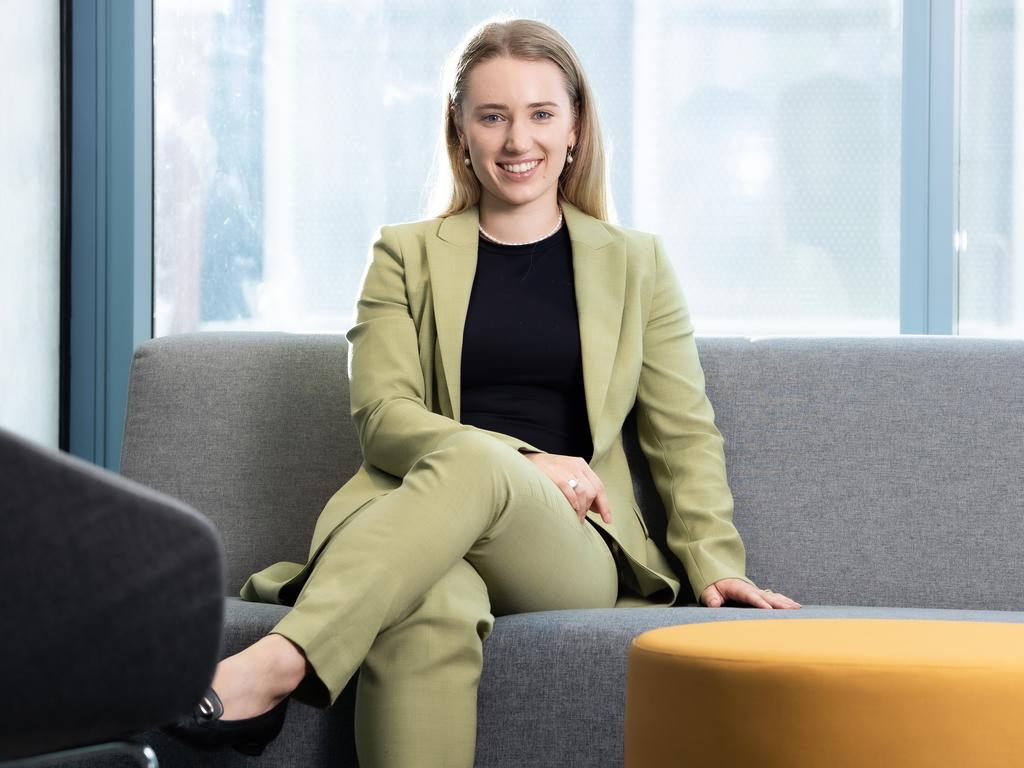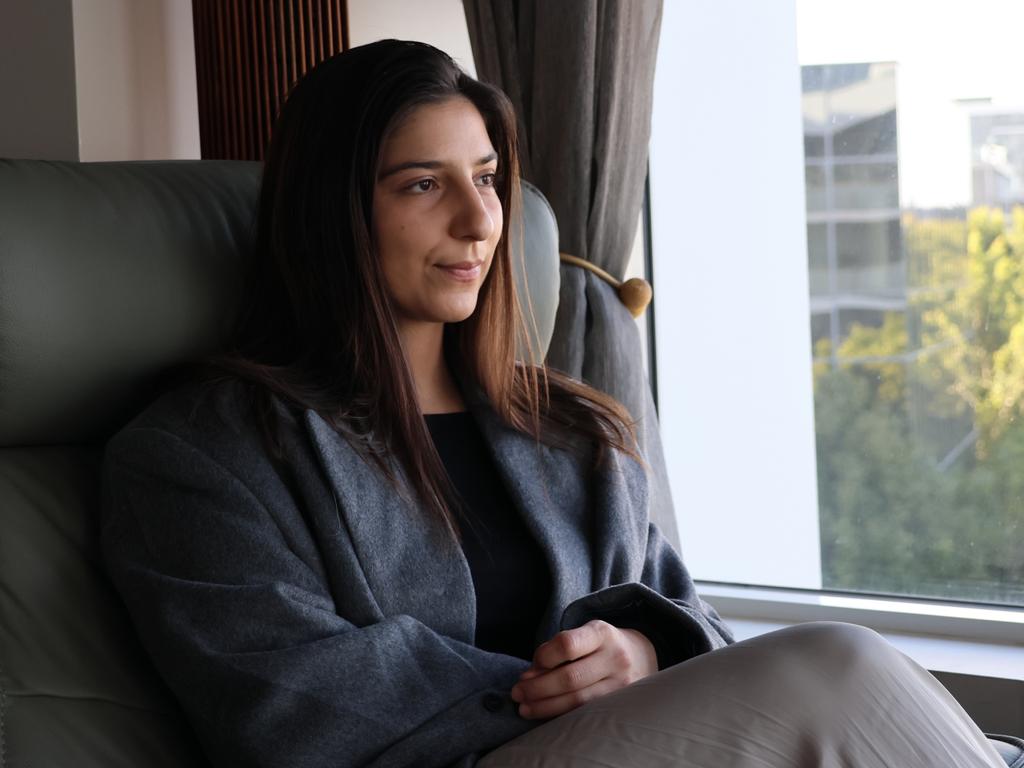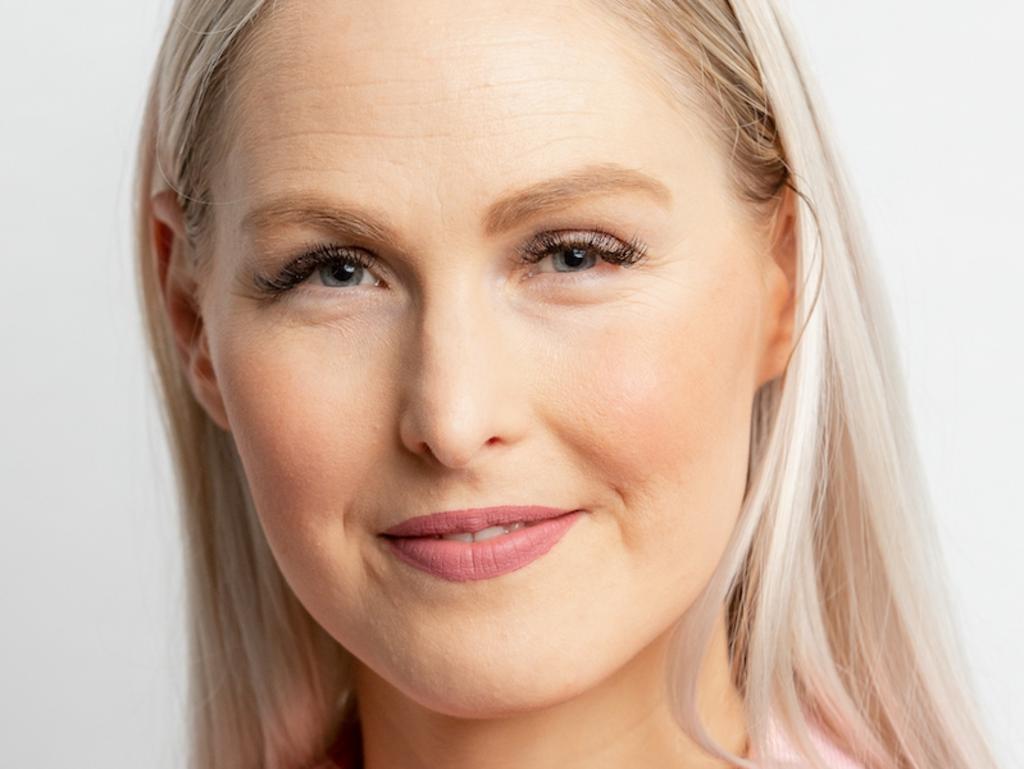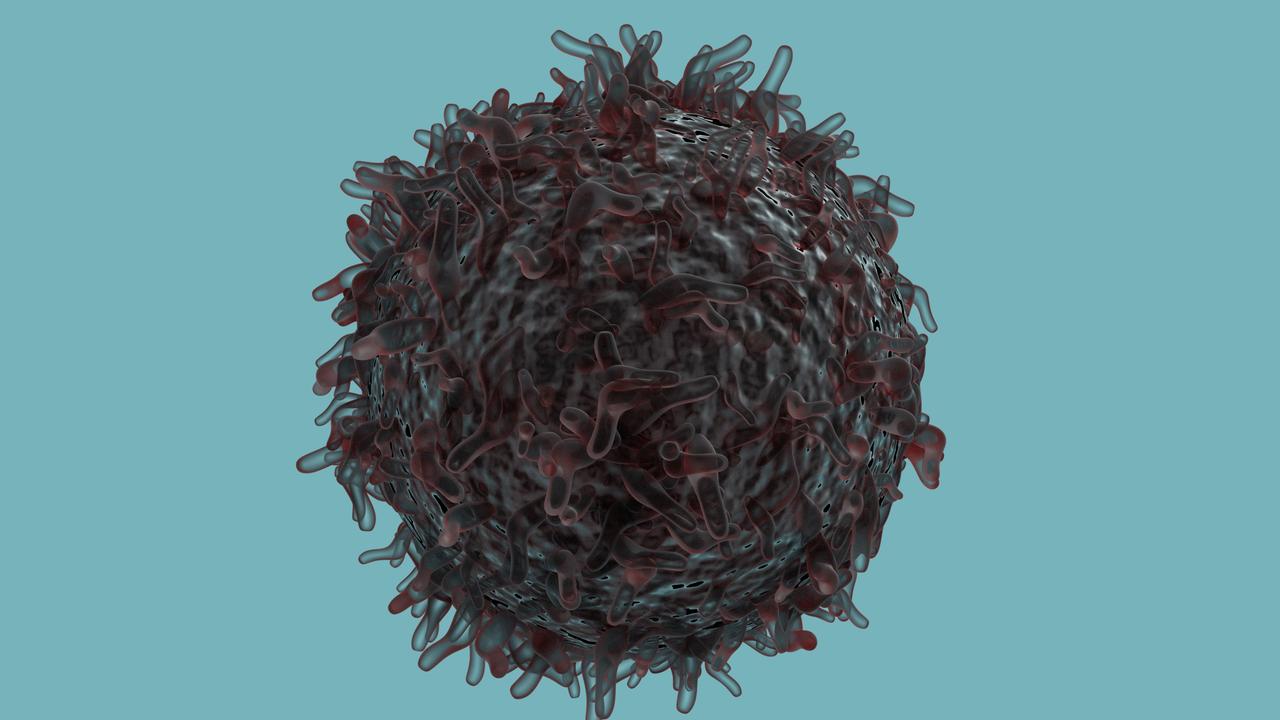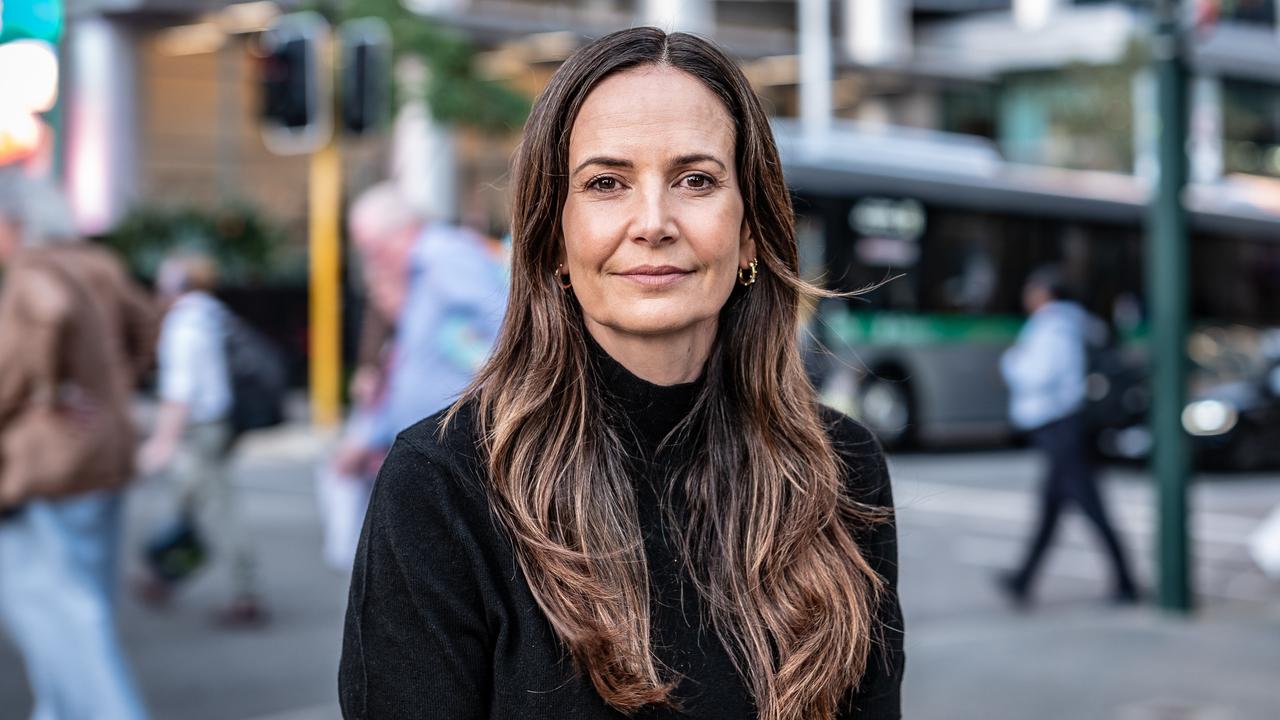Psychology student grants first step in ‘future-proofing’ study, workforce
An extra 500 new psychologists are being injected into the Australian workforce through a commonwealth grant program intended to break a university bottleneck.
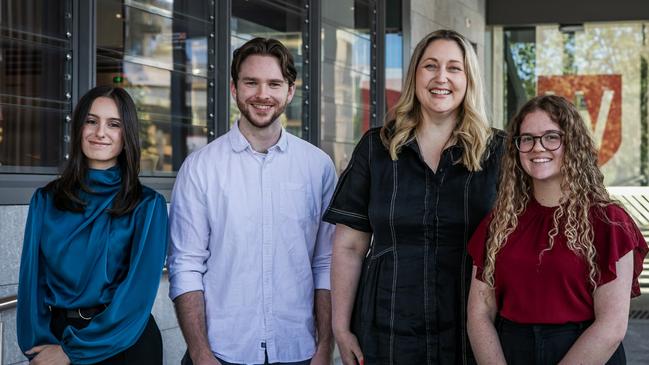
With nine in every 10 aspiring psychologists locked from the profession by scarce university offerings, the Albanese government has outlined a wave of grants to provide equitable study and bolster a faltering mental health workforce.
High staffing costs, poor access to clinical placements and sparse regional health infrastructure has driven dozens of universities to shut down their psychology courses since the pandemic, despite the marked rise in mental health service demand, and the course’s popularity.
Psychology is the most in-demand postgraduate degree in NSW and the ACT, but the higher education sector has had space for only 10 per cent of all postgraduate applicants, limiting the number of registered psychologists: 79 of the 187 psychology courses offered nationally have stopped intakes, the majority shutting all together.
The new grant program from the Albanese government, outlined by Assistant Regional and Mental Health Minister Emma McBride, provides funding for 500 extra places in psychology courses across Australian universities, now offered at 22 institutions.
It comes alongside 681 internship offerings and 2860 supervisor training positions bankrolled under the $91.3m program. Half of the positions and internships will be sectioned off for Indigenous, culturally diverse and regional communities.
Ms McBride announced the changes alongside psychology students and alumni at Western Sydney University.
Provisional psychology graduate Emily Dunn was the recipient of an Indigenous students scholarship during her studies and hoped the grant program would be an on-ramp for more aspiring psychologists who could broaden the variety of Australian clinicians.
“These grants will help future students who also come from low-income families to achieve their dreams and goals,” Ms Dunn said.
“The hardest thing for me in terms of getting to where I am today was the financial part of study. I had to move out of home to be closer to the uni, I was getting $100 a week, and that was just funding transport.”
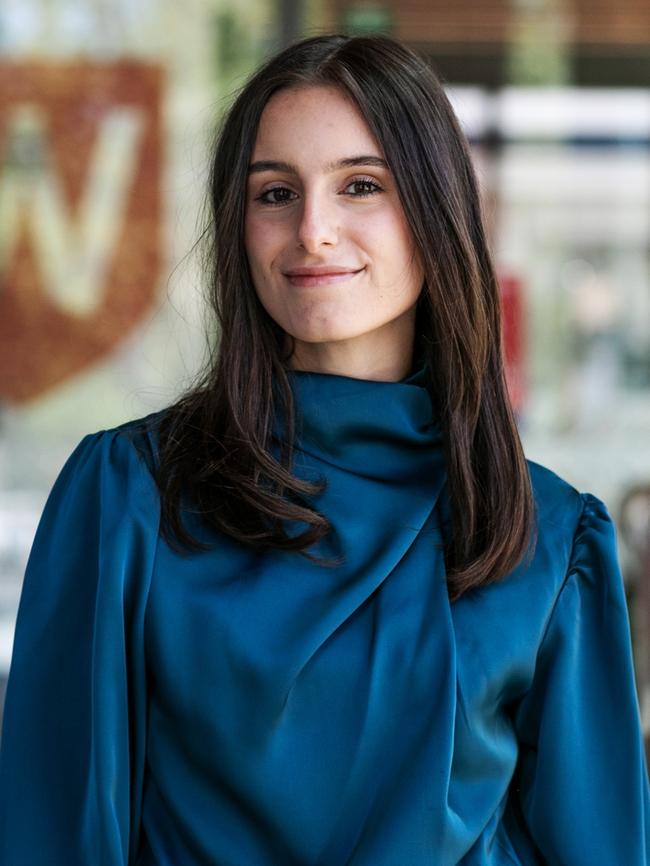
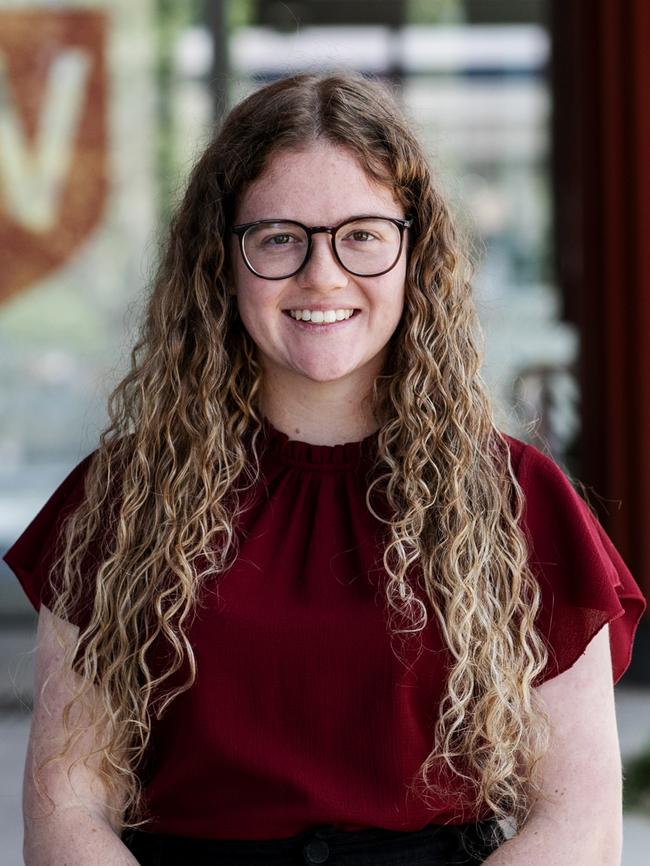
Clinical psychology student Nicola Lopino said patient wait lists had spiralled since she entered the workforce. “Even at our placement clinic at the university … six to nine months is generally the average,” she said.
“We’re a low-cost training service; when it comes to more specialised clinics, their wait lists tend to be even longer, and that can have really serious implications when it comes to things like eating disorder clinics, for example. Having wait lists for that kind of service, considering the severity of those presentations, can be really detrimental.”
The demand for clinical psychology appointments has steadily risen since the pandemic. The health burden represents a $10bn loss in productivity for employers, as part of the $220bn in losses cited by the Productivity Commission’s mental health inquiry report.
The government’s Postgraduate Psychology Incentive Program will run for four years.
It acts as a precursor to a redesign of the psychology training system, which is set to take advice from the sector from early next year.
Ms McBride said students eager to provide for communities in need were being held back, with course structures in need of simplification. “We know the jobs of the future will demand post-school qualifications, and we want to make sure in those communities where there is a lot of need, that people are able to train in place,” she said.
“As a former mental health worker myself, (and) as a pharmacist who worked in a regional community, who is seeing how hard it is to recruit and retain healthcare professionals … (I) know the most reliable way to grow and expand our health workforce is to train young people in communities where they feel connected with the right kind of internships and supervision.”
She also spruiked regional health hubs and the 61 incoming Medicare mental health centres as measures for meeting the demands of aspiring health practitioners and those in need of mental health support.
“People need and want to be able to access psychology services quickly and easily,” Australian Psychological Society president Catriona Davis-McCabe said. “Limited availability to postgraduate university places and a lack of funding have meant there are simply not enough psychologists coming through. We don’t have enough psychologists on the ground. So what do we need to do? We need to futureproof our profession.” The APS will deliver 1000 of the new supervisor training places.
Health Minister Mark Butler said the measure would “develop the next generation of registered psychologists”.


